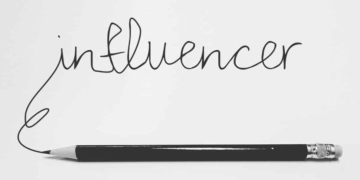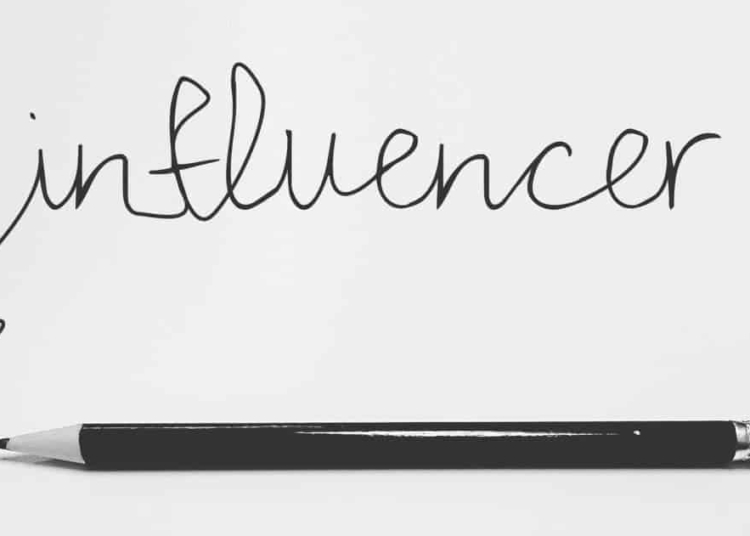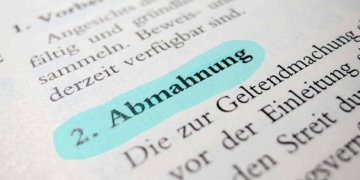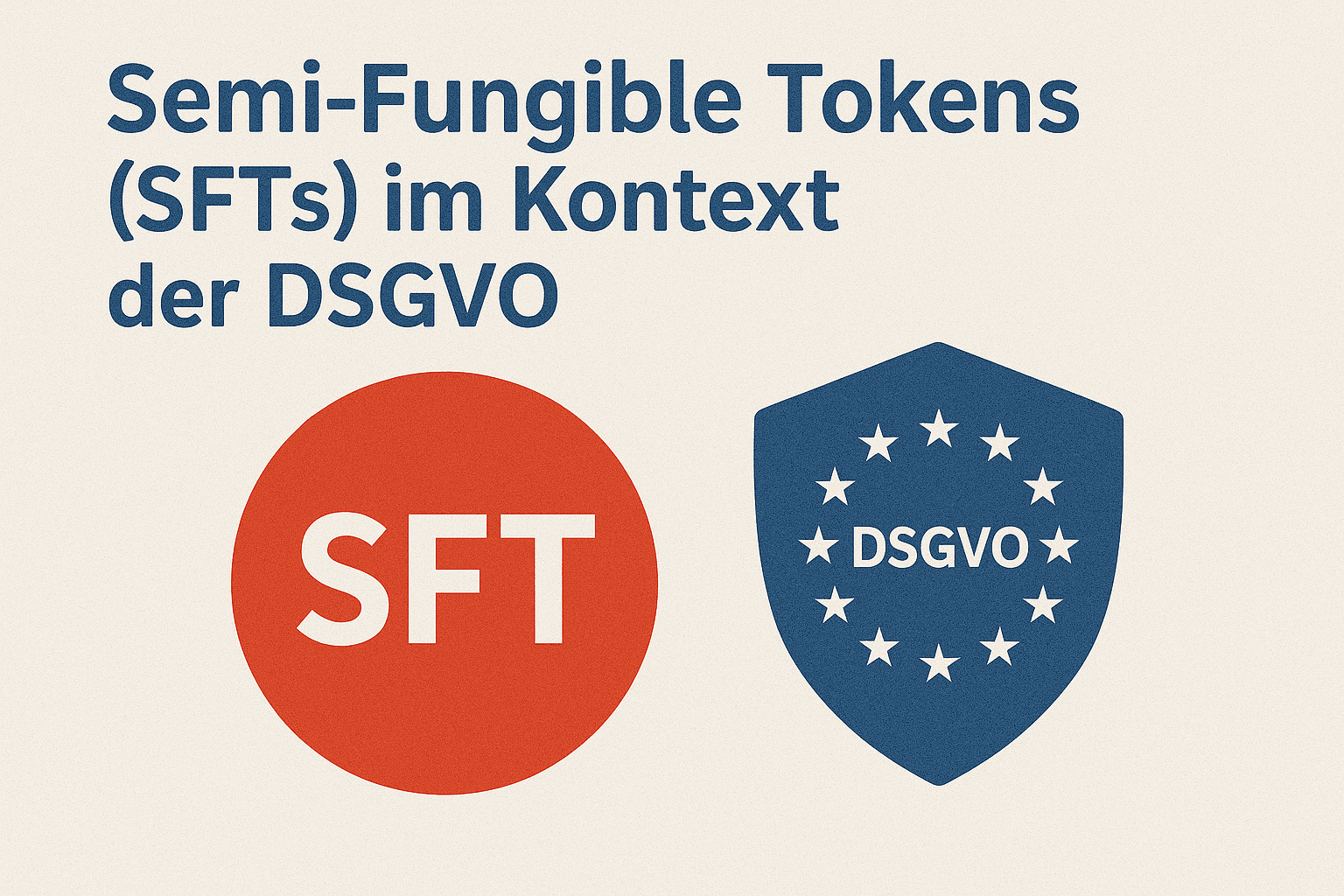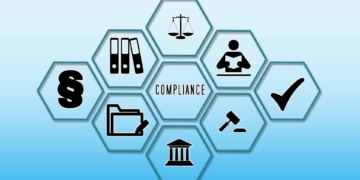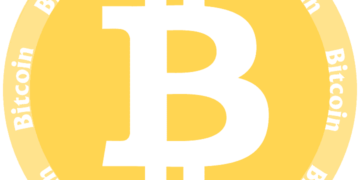So slowly, the issue of influencers and surreptitious advertising is accumulating a considerable amount of court decisions. An overview of all posts about this on my blog can be found here. The latest in the line of decisions is the Hagen Regional Court. The court confirmed a preliminary injunction from last year and prohibited surreptitious advertising on Instagram.
However, as written many times before, all the verdicts can absolutely be applied to other social networks like Twitter or streaming/video platforms like Twitch or YouTube. So far, only the Abmahner are not yet so active here.
The Hagen Regional Court also considered the omitted advertising labeling to be a violation of § 3, 5a UWG. According to the court, it would be unfair to act in a way that does not indicate the commercial purpose of the business activity. This is to be assumed if the external appearance is designed in such a way that the consumer cannot clearly recognize the commercial purpose. In the present case, the anticompetitive effect was particularly aggravated because the account was primarily directed at young people, who still have particular difficulty distinguishing between advertising and editorial content, and for whom it was not obvious that the Instagram account was not a fashion blog in which “great outfits” are selflessly shared, but an activity with purely commercial intentions.
The Regional Court of Hagen also offers a wonderful execution on the question of when exactly a business act is present in publications on Instagram, which then leads to all obligations of the Telemedia Act, among others:
The defendant has committed a commercial act within the meaning of § 8 para. 1 p. 1, 2 par. 1 No. 1 UWG has been made. Business act is according to the legal definition of § 2 para. 2 No. 1 UWG any conduct of a person in favor of his own or another’s business, even prior to a business transaction, which is objectively related to the promotion of the sale of goods. As far as in the picture illustrations with the attached link to the brands Paul Hewitt, mollerusswiss and detox delight is referred to, a commercial act in the above mentioned sense can be seen, since the respective follower was led by this link to the website of the mentioned companies and could either purchase goods there or in any case got companies named, which sold their goods, both of which are objectively related to a promotion of sales.
The court is also concerned with the type of labeling required:
The added characters such as @ or # do not make the advertising character of the naming of the product names obvious as advertising. In this respect, the case is different from that of a company homepage, for example, which the average reasonable user recognizes without further ado as a commercial communication that does not require separate labeling of the content or individual sections with “advertisement” or “advertising”.
Running an Instagram account without legal advice, if it has even the slightest commercial intent, is currently just as dangerous as filling a YouTube channel or Twitch stream with content without advice. The current warnings are actually only the beginning of the risk, because warning associations often demand very moderate warning fees of sometimes less than 200.00 euros (178.50 euros in the present case). The possible amounts in dispute from real competitors can, without much chance of counter-arguments, be many times higher. However, one should also be cautious about hastily signing cease-and-desist declarations with warning associations. Violation of such in the future may result in high 4-digit penalties.
